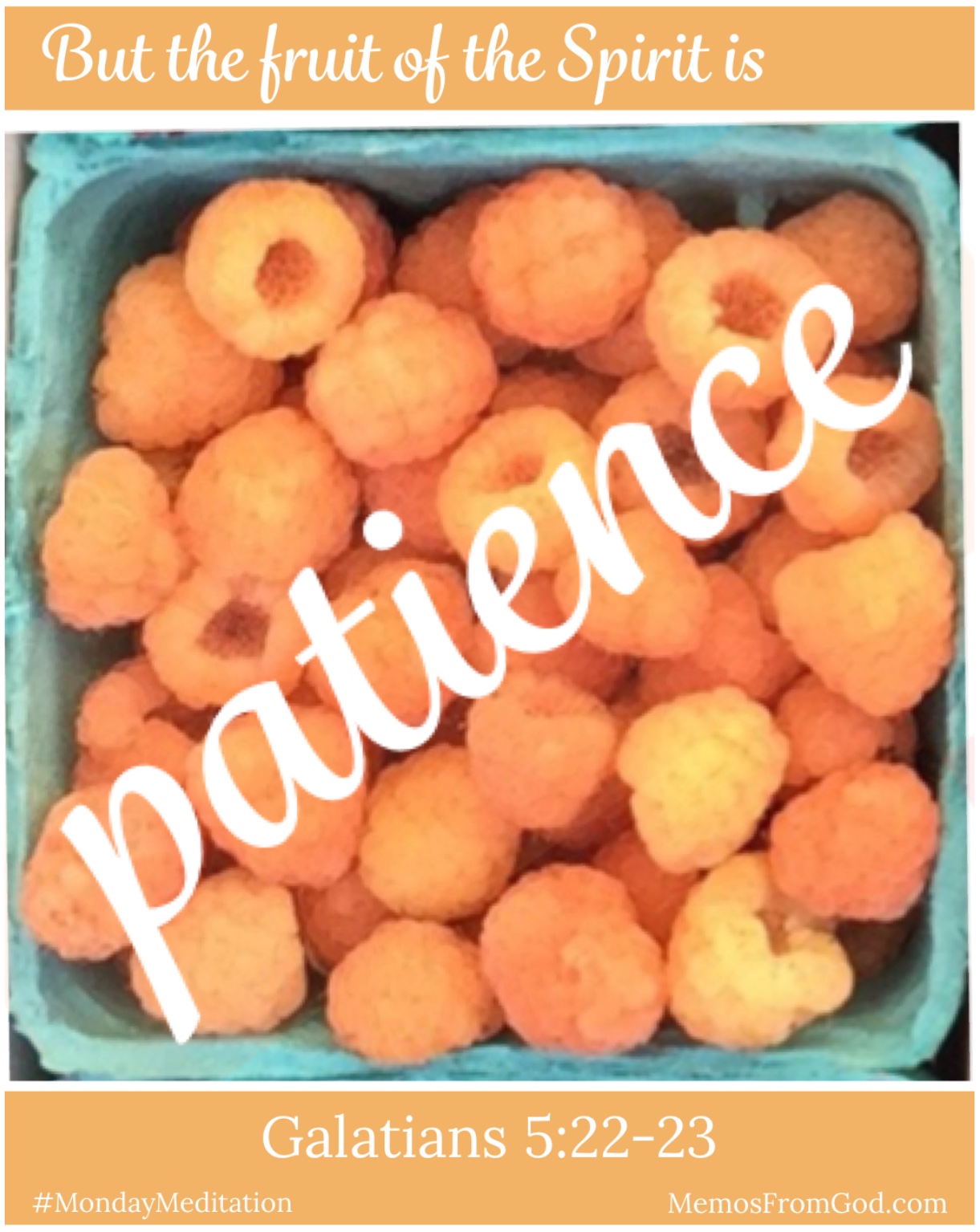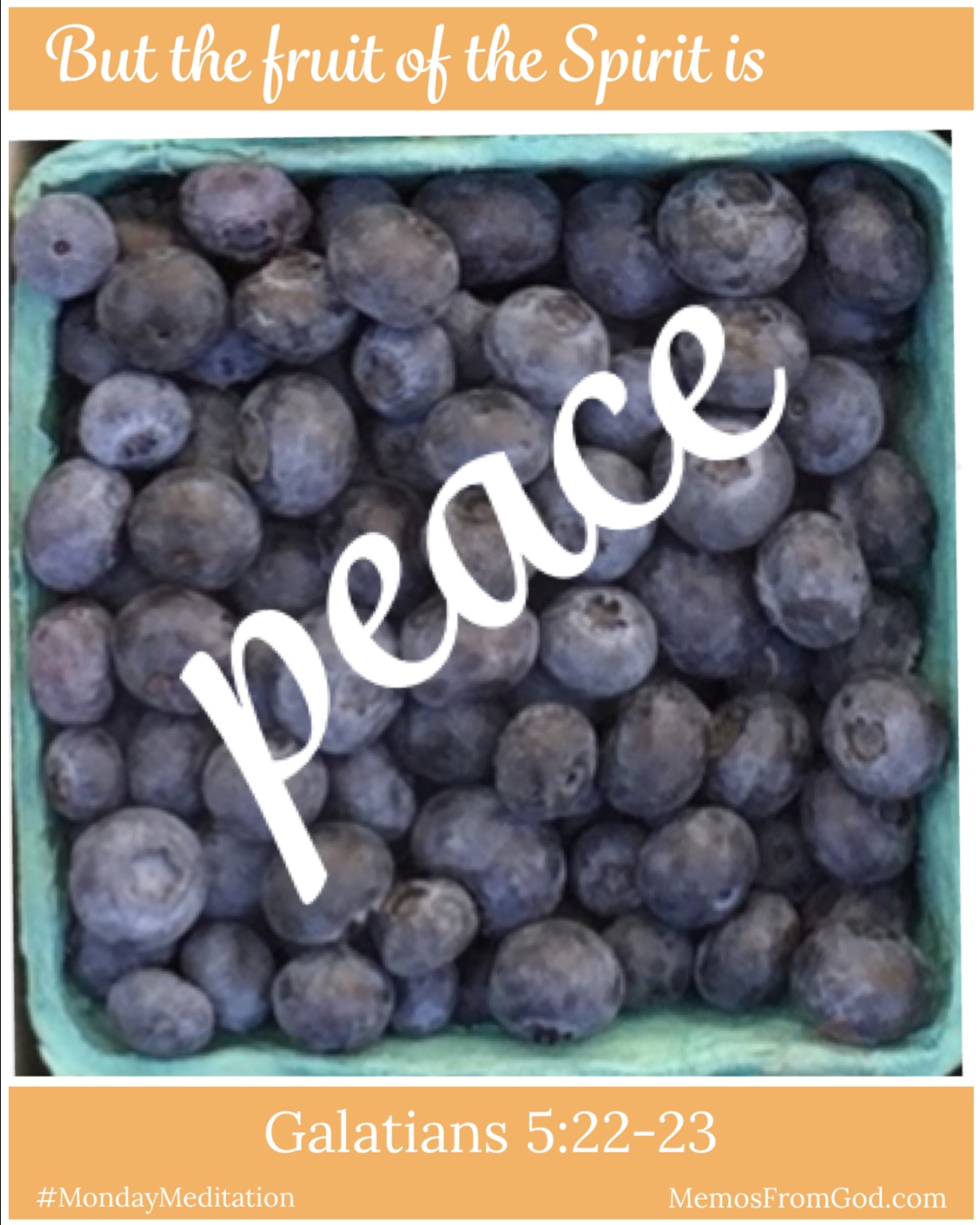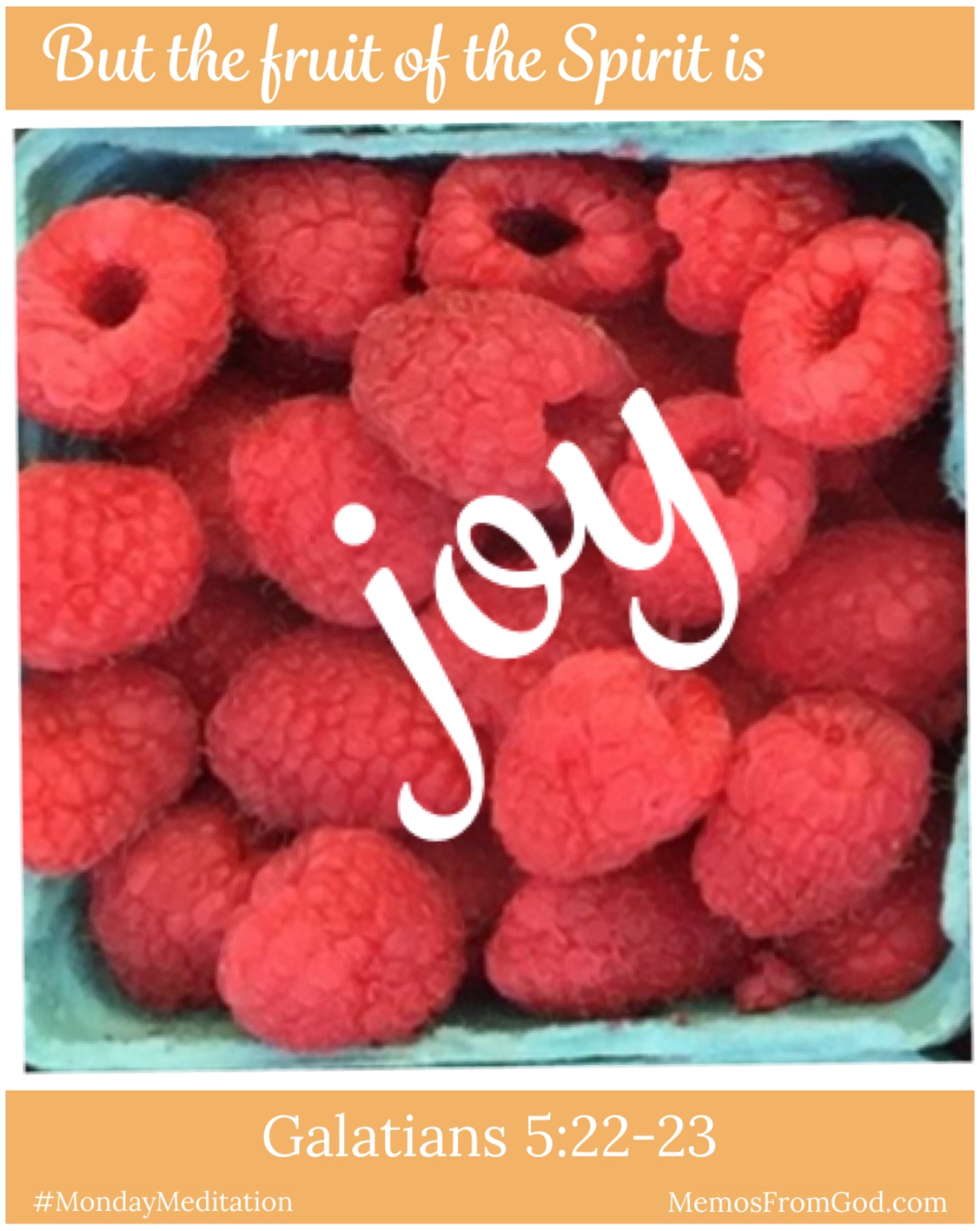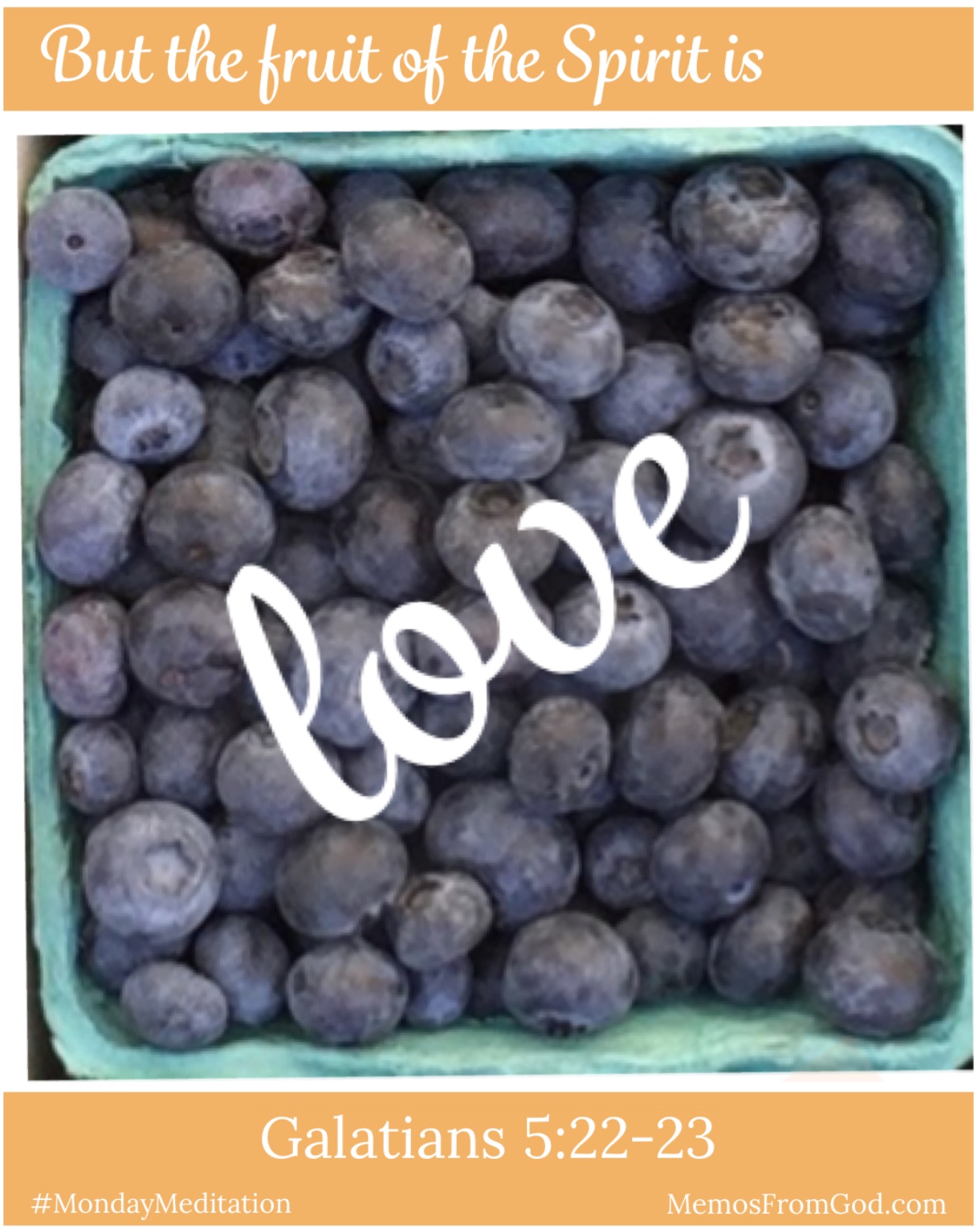
Tag: Galatians



Galatians 4:4-7 ♪♫ Freedom ♪♫
In last week’s post I suggested that Paul would encourage us to give up some of our freedoms for the benefit of our weaker fellow-believers. But Paul did not advocate giving up the freedom that was paid for by Christ’s blood just to go back to the legalistic way of living that had been commonplace before Christ’s arrival on Earth. And I’m sure that he considered the dietary changes to be a temporary accommodation. Once believers come to truly understand their freedom in Christ, they would grow beyond those food restrictions.
In Galatians 4:4-7 Paul explains to the people of Galatia that God sent Christ to Earth to redeem us from our bondage to the law, and to give us the full freedom of being a child of God. When I use the word law here, I am referring to religious law. The Bible clearly tells us to respect those who are in authority over us, (I Peter 2:13-17, Romans 13:7), but that does not include adhering to legalistic religious practices. Just before this passage, in Galatians 4:1-3, Paul uses the example of a child in a human family. In Roman society, minor children were cared for, taught and disciplined by slaves. Since children were required to obey slaves, they were no better than slaves themselves. But when they reached the appointed age set by their father, they became heirs, with all the rights and inheritance of an heir’s position in the family. Likewise, at a time set by our Heavenly Father, when he sent His Son to redeem us, we became heirs in our heavenly family.
Just as the child had to obey his earthly caregiver until his position was upgraded, Paul’s listeners and their ancestors had had to obey Mosaic law until the appointed time. Then they had the opportunity to move into the position of co-heir with Christ. (Romans 8:14-17) They were given an invitation to join God’s family with the same rights of family membership that Christ has. We have been given that opportunity since the day that Christ paid the penalty for our sins. This was and is a gift of grace. There are no rules, rituals or practices that we must follow to earn it. Yes, we have to make the choice, but once we do we become inheritors of the kingdom of God. Can you even begin to imagine? Many people can’t, which is why they go back to the rituals and rule-following that make them comfortable. There is no need, and it is a sign of immaturity, of remaining a child that needs to be restricted. Accept the freedom that you have in Christ.
Psalm 86:15 Patience
A while back (July 15, 2011), I suggested that perhaps God was trying to teach me patience, even though I hadn’t prayed for such spiritual development. In the last couple of weeks, the lessons took on a new twist. Those of you who follow me on Facebook and Twitter may have noticed that my posts have been a little shorter and a little less frequent than usual. That is because I was visiting the land that technology forgot. I was there because my parents live there, and I like to see them even if it means disconnecting from the rest of the world. They live in a small community where there is no cell service, and my mother uses an eight year old computer to connect to the Internet by dial-up. Some of you may not even know what that is; suffice to say it is a slow, slow process. For my mother it is perfectly sufficient, but anyone who wants to use Twitter is out of luck. Thus the lessons in patience, as I tried to connect with my phone on any occasion that we happened to drive through an area with a signal.
A lot of people refer to Job—as in, he has the patience of Job—when they are looking for an example of patience, but no one is more patient than God Himself. After all, He has to put up with all of our inadequacies, mistakes and outright rebellion. He is patient with us because He thinks we’re worth waiting for; He does not want a single one of us to perish. (II Peter 3:9)
David understood this quality of God when he cried out to Him in Psalm 86. David was once again in a position where he desperately needed God’s help; he was being pursued by ruthless men who sought to take his life. (Psalm 86:14) But in Psalm 86:15, David recognizes the attributes of God that are able to save him from his situation. We too, can have these attributes in us. By inviting the Holy Spirit to live in us, and getting to know God better, we will have more of this fruit, (Galatians 5:22-23, August 8, 2011) including patience.
Galatians 5:22-23 The Fruit of the Spirit
Recently we have been talking about having discernment, being led by the Holy Spirit, and the results of following our own sinful desires. Now let’s look at what happens when you allow the Holy Spirit to be the influence over your decisions and actions. It is outlined in Galatians 5:22-23.
Take note that this passage says that “the fruit of the Spirit is”. There are two important points here. First, the term fruit is singular. All of these characteristics are one fruit; they are all given in equal abundance when we allow the Holy Spirit to flow through us. Secondly, it is not the fruit of our works or striving; it is the fruit of the Spirit. We cannot achieve these things on our own. When I was younger, I used to think that I had to work at exhibiting these qualities in my life. I would try to be loving and joyful and all of the other things listed here, and thereby gain more of the Holy Spirit, which I thought was a noble goal. The problem was that I had it all backward. What a relief to find out that it wasn’t up to me to become good and kind and gentle. Especially gentle.
We become these things by having more of the Holy Spirit. That part is up to us. We need to choose, and it is a daily, perhaps hourly, choice to follow the leading of the Holy Spirit. This is done through reading and studying the Bible and through prayer. This is how we get to know God better, and the better we know Him, and the more we allow Him to lead our lives, the more the Holy Spirit will work through us. The word fruit is an apt description. Jesus said, “I am the vine; you are the branches. The one who remains in me—and I in him—bears much fruit, because apart from me you can accomplish nothing. (John 15:5) We are not the source of all that goodness, but it is our choice to remain in the vine and allow the fruit to be produced through us.
Over the next three weeks I will look at each of the nine elements of the fruit of the Spirit.
Galatians 5:15-21 With a little help from our Friend
Can you imagine what a wonderful world it would be if we all followed the two commandments found in Matthew 22:37-40? If everyone’s goal was to please God, and to help each other, the conflict in this world would be erased. You can be sure that Satan is doing everything within his power to keep that from happening. We are in a battle between the ways of Satan and the ways of God. No matter whose side we choose, there will be a constant struggle until Jesus returns.
Galatians 5:19-21 outlines some of the results of following our own sinful desires. Paul gives examples of sexual sins, religious sins, societal sins, and those stemming from a lack of self-control. He finishes his list by letting us know that it is not exhaustive; it includes other actions that put ourselves ahead of God and others. He warns us that by engaging in such activities we risk being consumed by one another, (Galatians 5:15) and that if this is the kind of behaviour we choose, we will not inherit the kingdom of God. (Galatians 5:21) That is not to say, that if we choose to follow God, and to be led by the Holy Spirit, we will never sin, but we must not cater to our sinful nature nor let it dominate our life.
How do we prevent our sinful desires from winning out over the ways of love and freedom in God? We ask the Holy Spirit to help us. We choose every day to allow the Holy Spirit to lead us. We cannot do this on our own, and God will not do it without our consent. We are not puppets. God could have taken all these desires away from us when we made the decision to follow Him. Why didn’t He? I believe it is because He always wants to allow us to have free choice, but also that He wants us to realize how much we need Him. We need to realize that we can’t make it on our own. He wants us to acknowledge Him, to remain in communion with Him, and to rely on Him to help us through every situation we face. The good news is that if we choose God’s way, the Spirit will be a continual help to us, and we will be on the winning side.
Galatians 5:13-14 Escape From Religion
In my last post, August 1, 2011 I said that being filled with and led by the Holy Spirit would give us the tools we need to develop discernment. That made me think of Galatians 5:25. Being led by the Spirit, requires that we make a conscious choice to follow the Spirit. This should not be considered a burdensome task, but part of the freedom of living for Christ. Let’s look at the context of this verse beginning today with Galatians 5:13-14.
Galatians 5:13 tells us that we were called to freedom; God never intended for us to be bound by religious legalism. But there is a wide span between legalism and lawlessness, and we should not use the freedom we have in Christ to indulge our sinful nature. Just as a rock climber needs a foothold to get to the next step, we provide a foothold to Satan if we give in to our sinful desires. Being free does not mean having no boundaries. A.T. Pierson has said:
True freedom is found only in obedience to proper restraint. A river finds liberty to flow, only between banks: without these it would only spread out into a slimy, stagnant pool. Planets, uncontrolled by law, would only bring wreck to themselves and to the universe. The same law which fences us in, fences others out; the restraints which regulate our liberty also insure and protect it. It is not control, but the right kind of control, and a cheerful obedience which make the free man.
Instead of using our freedom to indulge ourselves, we should use it to serve one another. We are of course expected to obey the laws of our land, (Romans 13:1) but we also need to obey the most important commandments of Christ, which are to love God with everything we have within us, and love others as we love ourselves. (Matthew 22:37-40) Love should be the motive and the result of all Christian behaviour.
Galatians 3:6-9 Father Abraham has many sons.
Today's post was written by David Plaunt.
---------
One Monday afternoon I called up my wife and said to her, "We are leaving for a vacation in France on Wednesday." What I did that afternoon to my wife makes me think of God telling Abraham to pack up and head out (Genesis 12:1-2) and what Abraham had to say to Sarah. "Honey we need to move; I think we are going to head east." Off they went, family in tow, on an adventure of faith.
Abraham is referred to throughout the Bible, including at least 74 times in the New Testament. It seems to me there is one point that is hammered home whenever Abraham is mentioned, and that is faith.
It was through this faith that Abraham was justified, (Genesis 15:6) and through the same faith that we, both brothers and sisters, are all called sons of Abraham. (Galatians 3:6-9) Being called a son of Abraham is not the same as being Jewish; rather it is having faith that makes us a son of Abraham. (Galatians 3:8, Genesis 12:3, Genesis 18:18) Why would we want to be called sons of Abraham? As sons of Abraham, those who trust in the promises of God just as Abraham did, we inherit the blessings promised to Abraham. (Galatians 3:9) The inheritance our faith brings us is justification. That is the acquittal of our sins so that we need not fear meeting a righteous God. This is the basis of any other blessing we may receive. It is only through this justification that we can receive the promise of the Spirit (Galatians 3:14) that leads to eternal life.
Of all the references to Abraham in the New Testament there is only
one thing we are instructed to do as Abraham did, and that is to have
faith. Because we share this same faith with Abraham we receive
the blessings he received as well.
